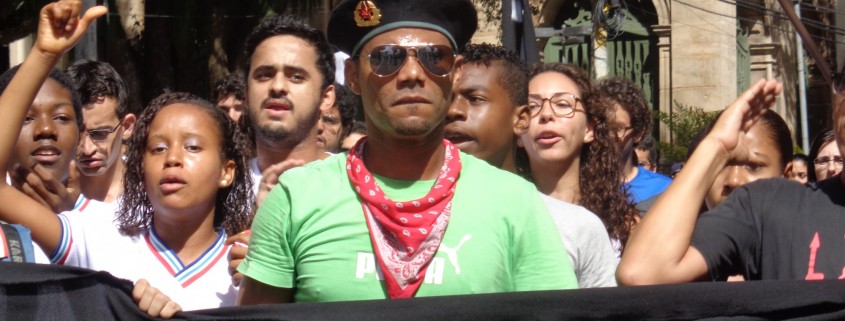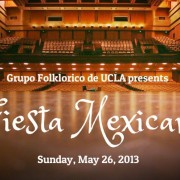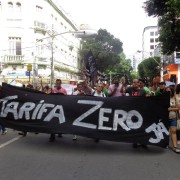Bruno Oliveira advocates for mass population of Salvador, Bahia
Bruno Oliveira has been protesting since he was a child without fully understanding why he was even there. But he seemed to enjoy the energy of the crowd.
Oliveira remembers being present in all the yearly protests against the increases in public transportation fees since 2003. Today he is a 28-year-old student studying law at the Universidad Federal de Bahia, Brasil (UFBA). He is still protesting against the increasing public transportation fees and conscious more than ever of his presence within the movement.
These continuous manifestations have derived from essentially the same transportation movement but with evolving objectives. “É o mesmo movimento com idais diferentes—It’s the same movement but with different ideals,” Oliveira says. This year the movement is very unique because it was not isolated in the city of Salvador; it awoke in the entire nation.
Oliveira demonstrates the importance of public transportation: “Nós estamos lutando por transporte público, mas também inclui a saúde, educação, e seguridade. Nós precisamos de transporte público para ter aceso a hospitales, escolas, e ter que ser segura—We are fighting for public transportation but this also includes health, education, and safety. We need transportation to access hospitals, schools, and we need them to be safe.”
As a student, Oliveira has gained much knowledge which has formed his present vision. He says, “Eu gosto de aprender sobre a filosofia sociologia e política, eu amo a política. Eu fui inspirado por muitos homens na historia—I like learning about sociology philosophy, and politics. I love politics. I have been inspired by many men in history.”
He admits that education in Brazil is very bad; it can be better. “Governo nao quiere pessoas que pensam—The government does not want people who think,” Oliveira said.
The majority of the people in this movement are students from the UFBA, but there are a variety of people, including unemployed, activists and anarchists. The movement is organized horizontally, with no one leader.
However, many people think that Oliveira is the leader of the movement because of his consistent and active participation. He says, “Eu não sou, eu sou apenas o líder de minha comissão. Nós não temos uma liderança, porque isso tem criado problemas em movimentos passados—I am not, I am only the leader of my commission. We do not have a leadership because that has created problems in past movements.”
When asked what he thought was the best weapon for the movement, Oliveira responded, “quantidade de pessoas” (number of people). He explains that Passe Livre has created a new strategy that has formed a fragmented movement. They are organizing in various other neighborhoods and schools so that various demonstrations and actions occur in many places at once. This strategy confuses the government’s authorities and decreases repression.
Oliveira is very committed to the movement because he is worried about the future. He shares, “Meus filhos não vai ter educação boa ou saúde boa.” He is concerned that his future children will not have a decent education or access to a healthcare system. Therefore, he will continue the work that he started as a kid—advocating for the mass population of Salvador, Bahia.











Leave a Reply
Want to join the discussion?Feel free to contribute!